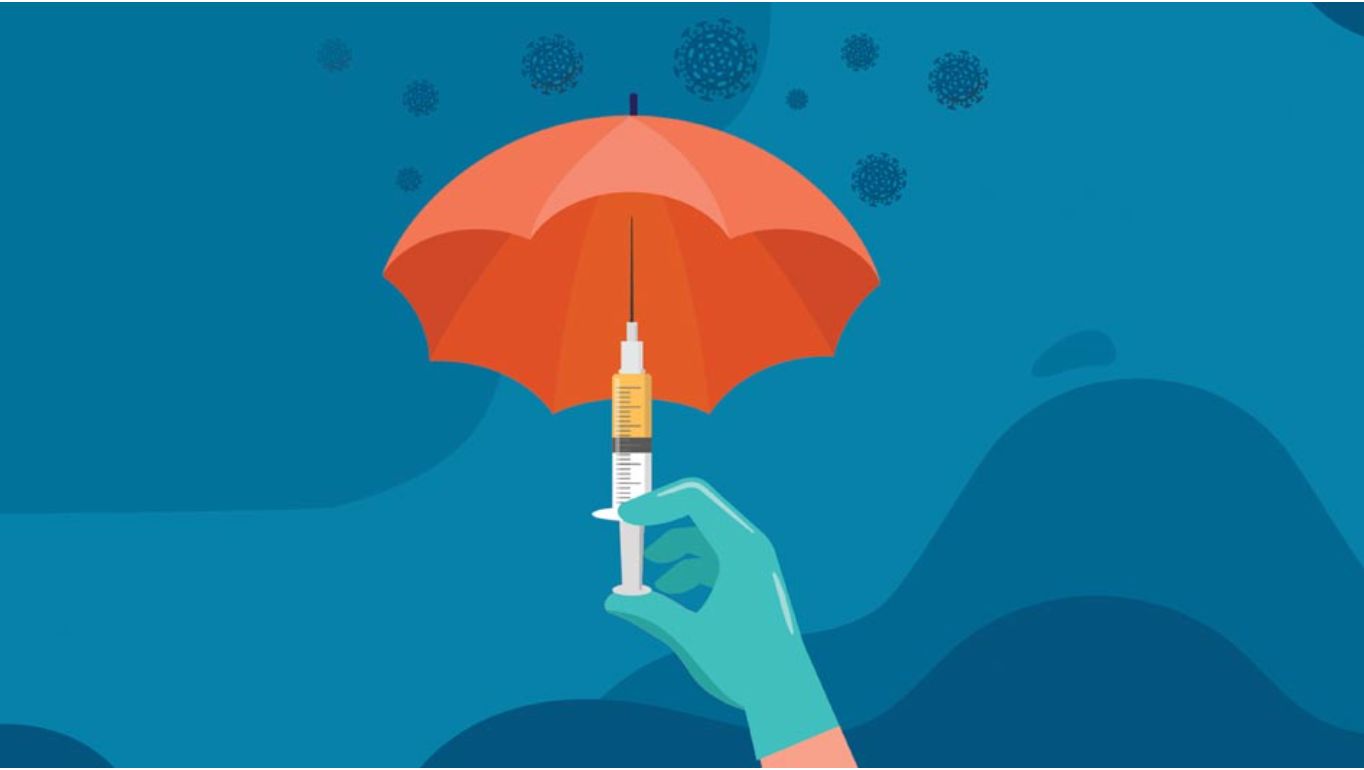October is the window for flu vaccinations. Do we have to get the vaccine if we have already been vaccinated against Covid? What about those who will not have been vaccinated by then?
Influenza (Flu) and COVID-19 cause contagious respiratory illnesses, yet there are important differences between the two viruses and how they spread. COVID-19 is caused by infection with a new coronavirus (called SARS-CoV-2), and flu is caused by infection with influenza viruses. Both COVID-19 and the flu infections present a wide range of illnesses from no symptoms (asymptomatic) to severe disease and death. Both infections are transmitted by contact, droplets and fomites.
In contrast, antivirals and the vaccine available for influenza have no impact on COVID-19 and vice versa. So irrespective of the individual’s status with respect to COVID vaccination, it is still highly recommended to get a flu jab each year in order to prevent influenza infection.
As SARS-CoV2 immunization rises, contact barriers will fall and create opportunities for the spread of influenza viruses. The influenza vaccine is not effective at all against the COVID-19 virus.
Do you think flu vaccination should be mandatory?
There is no country in the world where flu vaccination is currently mandatory. Vaccination policies have developed over the approximately two centuries that have passed since the invention of vaccination with the purpose of eradicating disease from, or creating a herd immunity for the population that the government aims to protect.
Vaccination advisory committees within each country are usually responsible for providing information that is used to make evidence-based decisions regarding vaccine and immunization policies. Vaccinations are generally voluntary because mandatory vaccination policies usually lead to opposition, which in turn limits the effect of immunization policies.
The current pandemic and the decades of experience concerning flu vaccines are highly illustrative of this paradox. At the general population level, the more you provide strong and good scientific information and make evidence-based decisions to intensify vaccine coverage rate through immunization policies, the more you stimulate reluctance to be vaccinated, even among very concerned populations such as healthcare workers. In my opinion, it is neither a breach of ethics nor a disservice to populations and vulnerable patients to maintain that flu vaccination should remain a personal decision based on informed consent.
The development of Covid vaccines resulted in a large part of society becoming more involved in the development processes of science. How does this affect the doctor-patient relationship?
It is true this has led some patients to look towards renowned scientists, medical professors, specialists in infectious diseases and/or policy makers, and has also helped to make patients more informed and concerned about the high complexity of taking decisions in the field of medicine. Some patients are becoming more and more proactive in their attitudes towards their own health, others are now more able to participate actively in the medical decisions that affect them, but nearly all are grateful to what scientists, healthcare workers, and policy makers have done to fight the pandemic. This has increased patients’ skills and knowledge but wrong and fake news (including that which is peddled by renowned scientists and politicians) circulates six-times more rapidly than real news and has helped befuddle their understanding of the pandemic.



